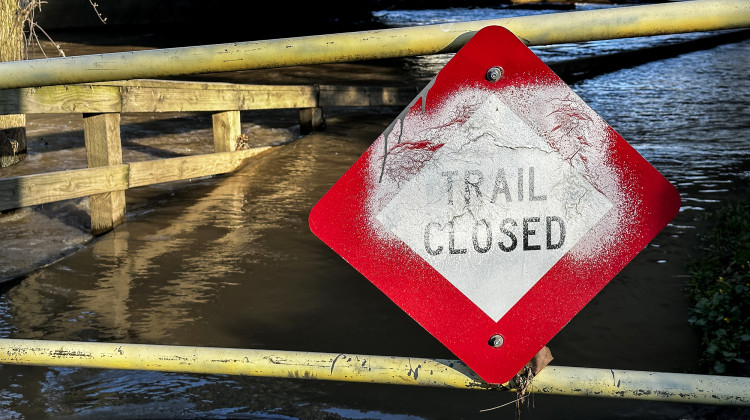As thousands of Hoosiers still struggle with unemployment in the wake of COVID-19, the state is offering free online career counseling funded by the federal CARES Act.
The Governor’s Workforce Cabinet and Ivy Tech are spending $1.2 million from their CARES Act allocation for up to 5,000 Hoosiers to receive virtual job counseling. Participants will have access to coaching via online video calls, phone calls, or texts and can receive help for up to four months. State officials hope the counseling will guide displaced workers to training in a new career path or provide career advancement for those still employed.
Caroline Dowd-Higgins, vice president of career coaching and employer connections at Ivy Tech, says this approach is geared towards getting people into long-term careers, not a patchwork of part-time jobs.
“At the end of the day, people want livelihoods,” she said. “They want a career that they’re excited about going to work and one that honors them financially.”
Participation in the counseling sessions does count towards work search requirements to receive unemployment benefits.
Contact reporter Justin at jhicks@wvpe.org or follow him on Twitter at @Hicks_JustinM.
Join the conversation and sign up for the Indiana Two-Way. Text "Indiana" to 73224. Your comments and questions in response to our weekly text help us find the answers you need on statewide issues.
 DONATE
DONATE









 View More Programs
View More Programs

 Support WFYI. We can't do it without you.
Support WFYI. We can't do it without you.